Much of what we cover here is the sociological fallout of what is happening in men's dysthymic states of mood.
As you browse through and watch the video, you may recognize some of the effects that come to you from the cultural environment (that is, coming from "outside your personal boundary.")
We can't do anything about sociology as individuals, but luckily, we can work on our boundaries and the biology and psychology within it.
As you continue the course, we will learn more about what resides inside your personal boundary that can be worked with to build a better life regardless of the sociology around us.
You may have read somewhere that men don't tend to seek out therapy because they're egotistical, closed-minded, or just somehow "toxic" or "bad," and therefore responsible for their condition of suffering.
Now it's known that one of the first three established research supports of the existence of masculine instincts lists the third as "remaining in control of one's own emotions, especially the public display of them"—the reason they do not seek out therapies in which "getting out" the emotions (publicly in a group or publicly to the therapist) is the main principle.
Take note that the two most important areas of a man's life are career and romantic relationships, which also correlate with the twin drivers of masculinity itself and in accord with the Darwinian concept: survival (job) and reproduction (romance.)
Friendships for males with other males often circle career aspects and are not to be neglected either, but thought to point out these "twin drivers" of automatic or instinctual behavior for men.
The combination of terms takes the reptilian-brained aspect (masculinity) and the mammalian/limbic-brained aspect (depression) to recognize that both areas of the mind are involved.
In technical terms, Depresculinity is a "male dysthymia" in today's clinical terms.
This is to say that the negative mood states we are discussing may get channeled into that which is impulsive or destructive to the individual man or those he cares about.
When the 'higher brain does not direct these impulses," we will also learn—which contains the apparatus for using mature character function to channel masculine and emotional energy—we can build a life rather than suffer from these negative mood states.
These principles are recognized more and more by researchers such as Dr John Barry in London and can be seen in his landmark work, the Palgrave Handbook of Male Psychology.
It is hard to miss the connection between building a romantic life that may lead to children, family, or a satisfying partnership and building a growing career as mutually dependent pillars in a man's life.
When you look into the data on the demise of marriages in which some 70% of initiators are women, and financial woes often at the center of it—then note the demise of careers or at least the energy and support to maintain robust careers for men as an immediate sequel to the breakdown of marriages—the common thread is masculinity itself.
Masculinity in the Darwinian equation = survival (career) + reproduction (romance)
We note the multigenerational aspect of men's mood states on children here, where the effect of the father on sons and daughters has a negative impact as they introject, or internalize, the mood states and worldviews of the father.
For a great story about what males can do in the area of education and overcoming hardship, see the remarkable memoir by Rob Henderson at robkhenderson.substack.com.
Supporting families is one of the domains of the Zeus Instinct we will learn about in our coursework. Providing for and protecting our masculine instincts that benefit both others and the man himself.
As we proceed, we will learn how to apply the Biopsychosocial model of behavior to the problem of being male today.
Regardless of what fads are in vogue in culture in their ebb and flow, an individual can set his course on the biology of masculine instincts being brought to bear to produce good things for the world at large and the psychology of sadness and anger being redirected to those same good ends in the process.
Biology and Psychology are inside us as individuals, and the stress in sociological forces are outside us, in the environment at large, separated by the individual's personal boundary.
As we learn about the power of the personal boundary in mitigating sad emotions and the faltering energy source for contribution to society that is masculinity, it will be the ultimate unique tool for resisting the destructive effects of shaming, bigoted words such as "toxic masculinity" or any other statements typical of a schoolyard bully.






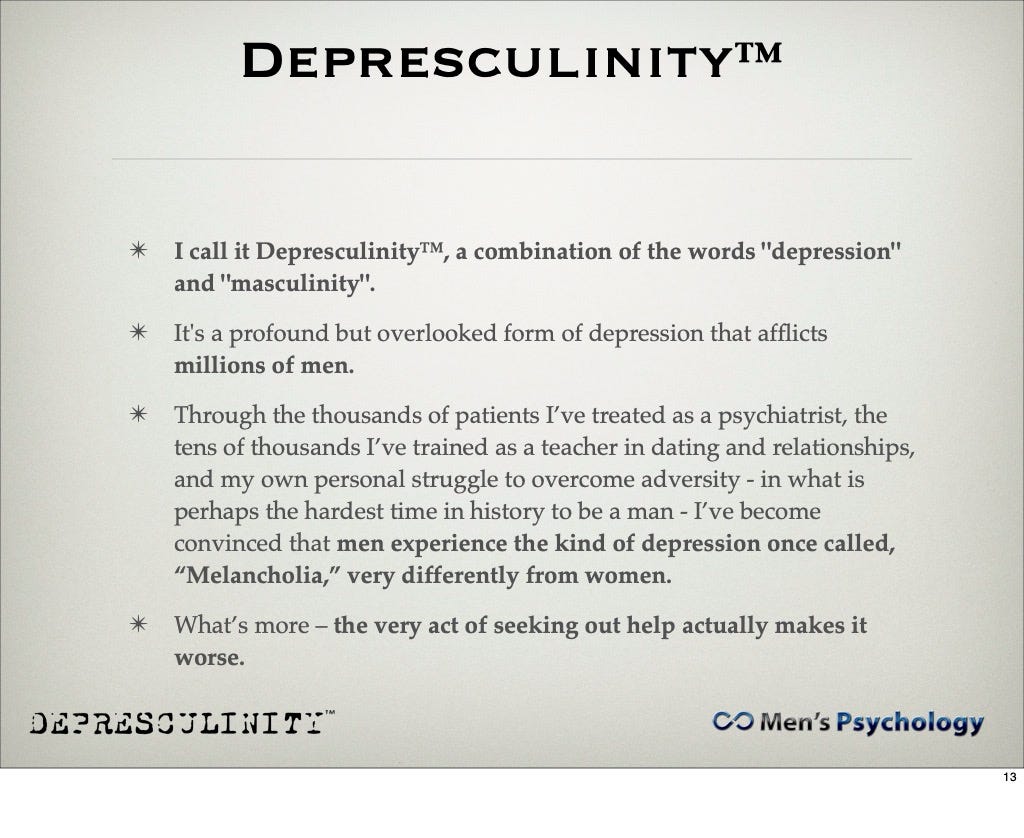


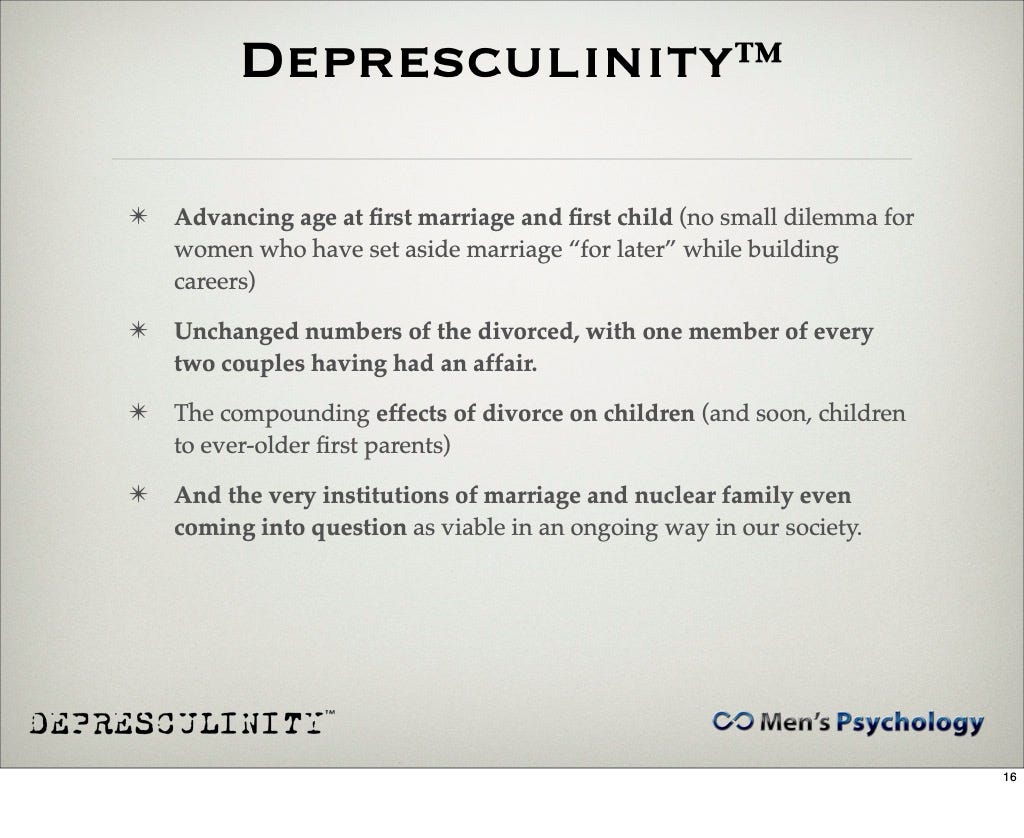
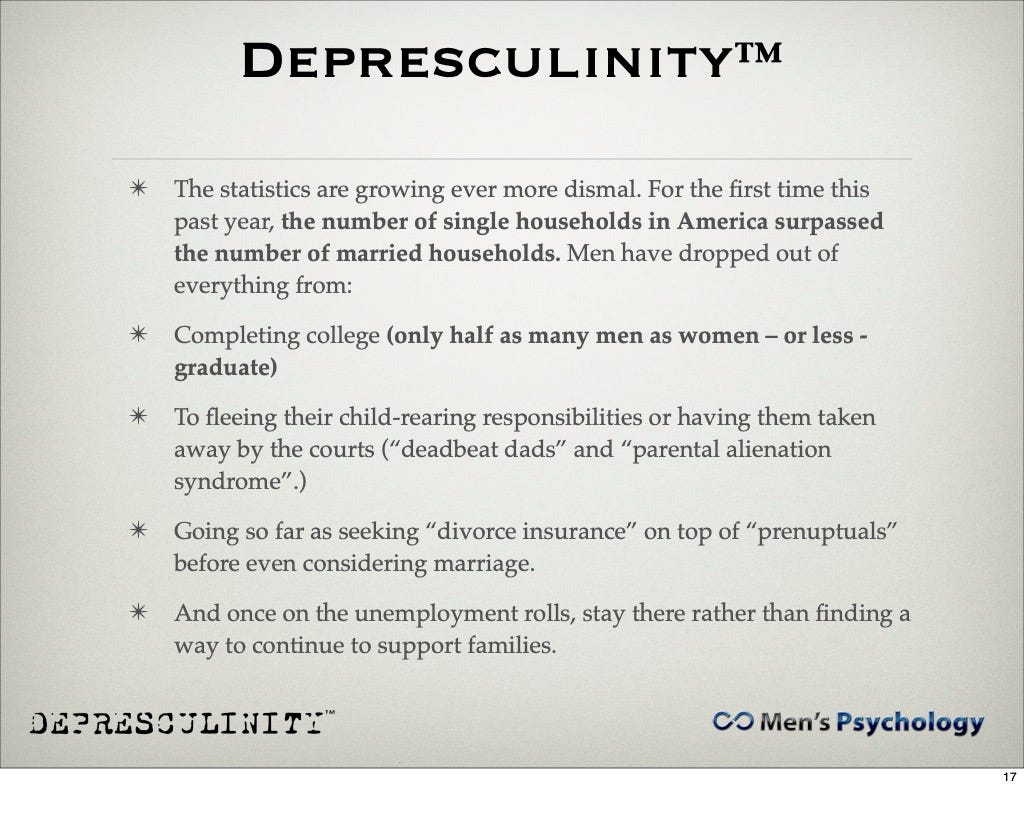
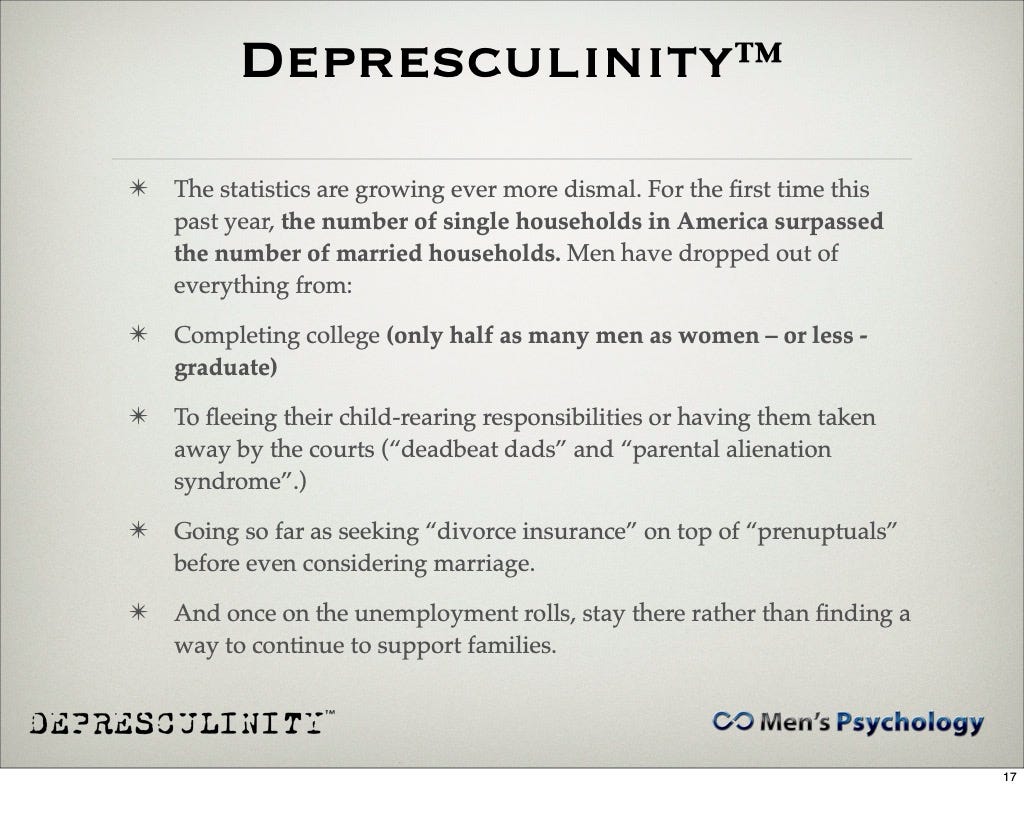
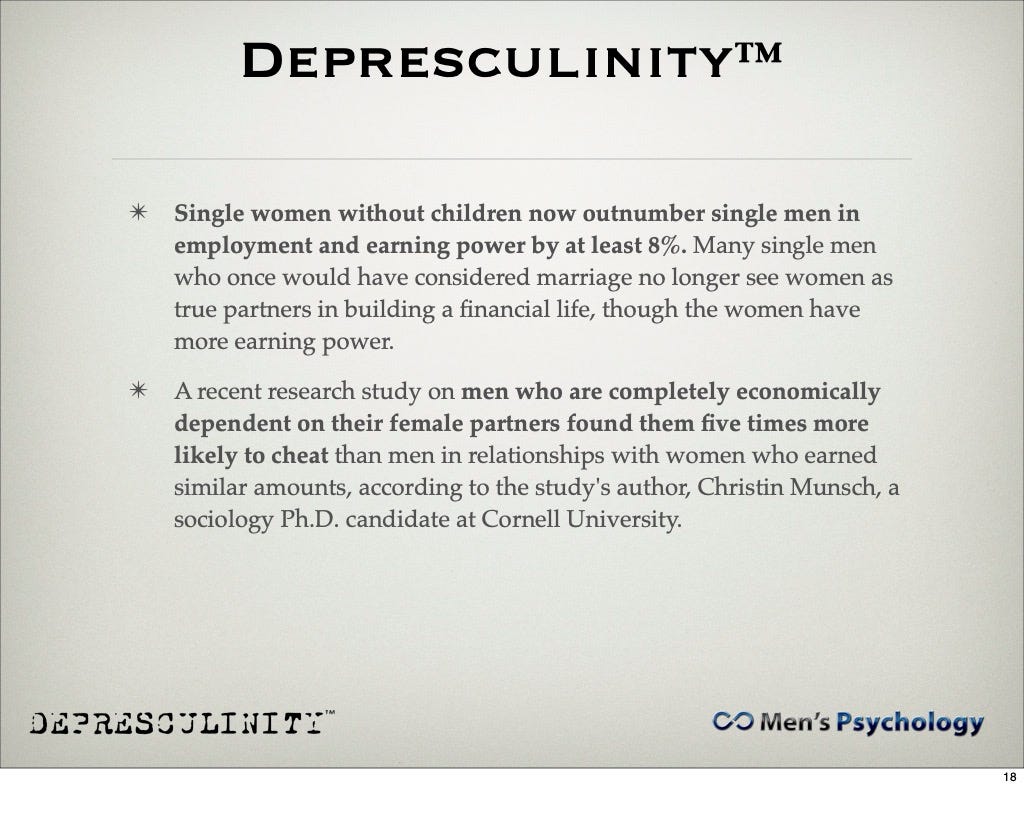










Share this post